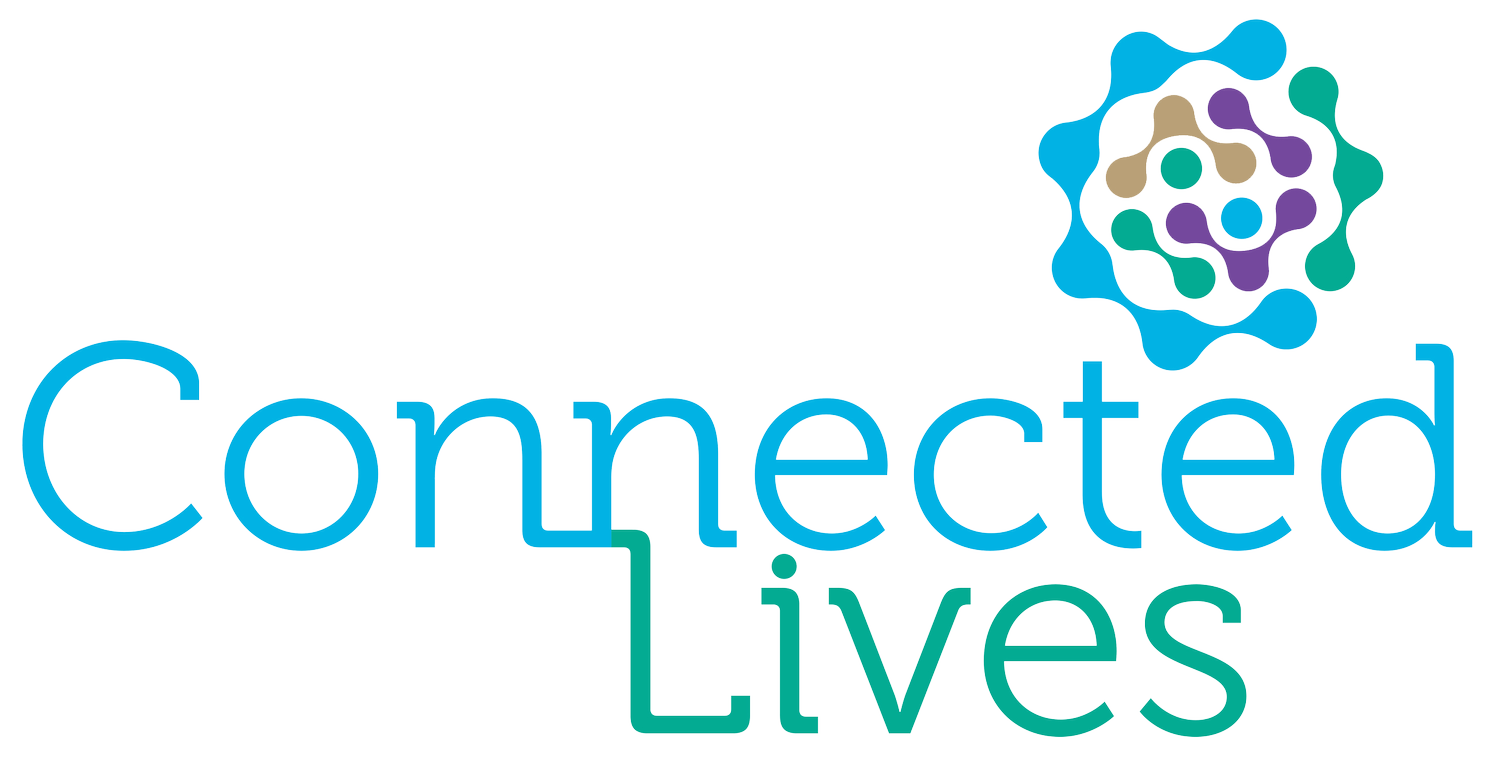A mixture of good and not so good
The theme for this year’s World Mental Health Day, which was marked on Monday 10th October was: ‘Make mental health and wellbeing for all a global priority.’
Certainly, mental health is something we all have and this needs to be recognised the world over. It is a priority for every one of us and this includes me! I was reminded of this after listening to a podcast called ‘Breaking Cycles and Reparenting Yourself’ with Dr Becky Kennedy.
When I work on my own inner stuff this benefits not only me but the people around me, including my children.
In the introduction to the podcast, the presenter introduces Dr Becky by saying as a parent herself, she manages to put into practice the advice she gives to others about a third of the time. I too have days, or more realistically minutes or hours (!), when I think I’m doing a good job as a parent. Then there are other moments when, as my children enthusiastically tell me, I am a rubbish parent and how can I possibly advise others on how to do it?!!
I think both of these things can be true at the same time; I am a good parent and I am a rubbish parent. As Father Richard Rohr (ref 1) writes, ‘All created things are a mixture of good and not so good.’ When I can see myself for who I am - a mixture of my gifts and my weaknesses – I can accept myself more fully and be less self-critical (at least some of the time anyway!).
I will share with you two moments with one of my own children – one when I did a good enough job, and another when I was rubbish!
Staying curious
“Just shut the **** up!” This was the first time my child had screamed and sworn at me. I was surprised, shocked, ashamed. For a moment I caught myself thinking: “what have I created?; it’s all my fault; they’re going to grow up to be a bad person; what will other people think?” In Circle of Security-Parenting (ref 2) language, my ‘shark music’ had been triggered. How I felt in that moment had little to do with what was going on for my child and more to do with my own stuff. On this occasion I was feeling in an okay place and thankfully I kept my thoughts to myself!
My child walked out of the room looking angry, perhaps a little embarrassed. This was just long enough for me to take a deep breath; a chance for me to step back and think: “there’s my shark music again”. Staying curious to what our children show us is SO important. So what was going on for my child? They weren’t doing this ‘just for attention’, they had a genuine need to connect. So when my child returned I said, “Hey, I’m worried about you; what’s going on right now?” This was just enough for them to say what was really going on and for me to meet them on ‘the bottom of the circle’.
Phew! By prioritising my child’s needs and staying with my own discomfort, I had on this occasion anyway, been able to join my child in validating their inner emotional world. What a gift.
As Dr Becky says, having children who show us how they are really feeling may at times be ‘inconvenient’ for us, but in the longer term it will benefit them.
I am as I am seen
My child: “I’m shy at school.”
Me: “No you’re not shy.”
End of conversation!
What was going on here? I certainly wasn’t curious, interested or open. And so my child didn’t talk to me. Dr Becky’s podcast really helped me here. She says that when we tell our children the opposite of what they are feeling, it’s like we are telling them it isn’t real and we don’t understand them. I realise I didn’t want to think of my child as shy; I was a ‘shy child’ and it wasn’t a description I wanted my child to repeat!
We know that children pick up on our own internal discomfort.
When I told my child, “no you’re not shy”, what I was really saying was: “I’m not prepared to go there; I can’t be with this part of you.” And so my child was left alone with their experience.
Being real
We are not designed to be a perfect parent, rather our aim is to be ‘good enough’.
This blog has given me the chance to reflect on my own stuff, so that I am less likely to pass it on to my children.
This is one of many things that coming on a Circle of Security Parenting group can give you – a chance to stand back and reflect on our parenting journey. Phrases such as ‘shark music’ and ‘the bottom of the circle’ are used throughout the group and provide us with tools to help us guide our children to feel emotionally secure.
When we are heard without judgement our feelings are validated.
Joining a group is a chance to be seen for who we are, or in Dr Becky’s words, an opportunity to experience the “realness factor”.
Email Katie Logan if you are interested in finding out more about the Circle of Security-Parenting groups that we run.
References:
1 - Richard Rohr - Forgiveness - A Change of Consciousness
